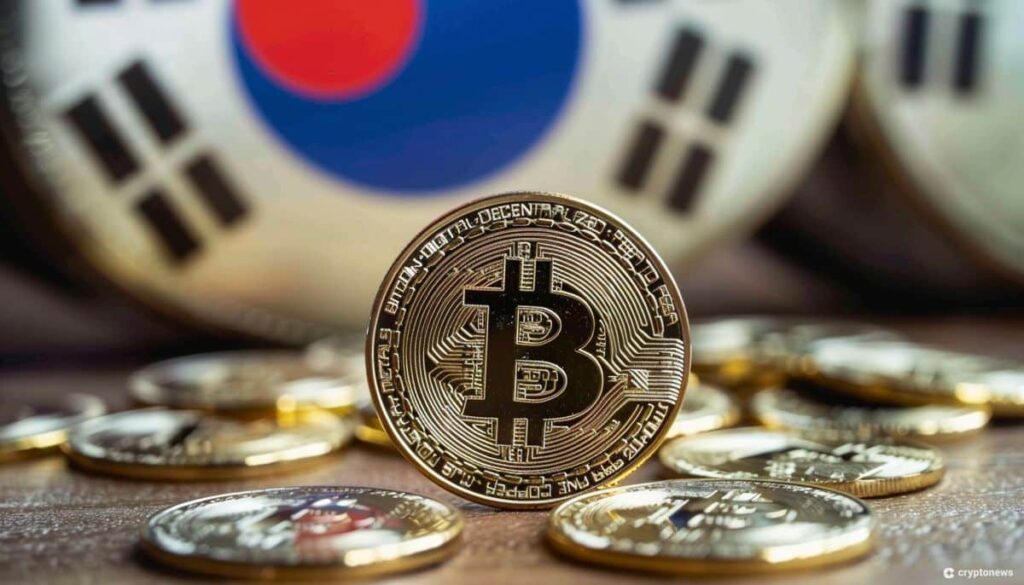
South Korea’s Ruling Party Commits to Approving Spot Crypto ETFs by Year-End
The People Power Party (PPP) in South Korea has established a wide-ranging set of reforms in the cryptocurrency sector, prominently featuring the approval of spot crypto exchange-traded funds (ETFs) and an overhaul of the nation’s digital asset regulations.
This announcement took place during an emergency meeting on April 28, 2025, amid rising political tensions following the recent impeachment of President Yoon Suk Yeol. The backdrop is a snap presidential election set for June 3, where cryptocurrency policy is expected to be a significant topic of debate.
Key Commitments
- Legalization of Spot Crypto ETFs: A primary objective of the PPP is to legalize spot crypto ETFs, aiming to align South Korea with global financial standards.
- Dismantling Existing Banking Constraints: Lawmaker Park Soo-min has underscored the importance of removing the restrictive “one exchange, one bank” rule, which currently confines crypto exchanges to a single banking partnership.
🇰🇷 The PPP guarantees the abolition of the ‘one exchange, one bank’ regulation and the approval of Bitcoin spot ETFs if victorious in the June election, as reported by local news. pic.twitter.com/7zYwgFP4eR — Coin Bureau (@coinbureau) April 29, 2025
Additional Proposals
To enhance market clarity, the PPP aims to set up a Virtual Asset Special Committee within the presidential office. This committee would oversee the new regulatory framework encapsulated in the proposed Framework Act on the Promotion of Digital Assets, which would establish clearer guidelines for exchanges and related operations.
Furthermore, Representative Choi Bo-yoon pointed out the party’s intention to develop a global-standard regulatory approach for stablecoins, increasing transparency and safeguarding investors.
Conclusion
Should the PPP remain in power after the election, the ambitions include a more comprehensive access point to crypto markets for institutional investors, which could involve allowing nonprofit entities to engage with digital assets starting in the second quarter of the new governance.



